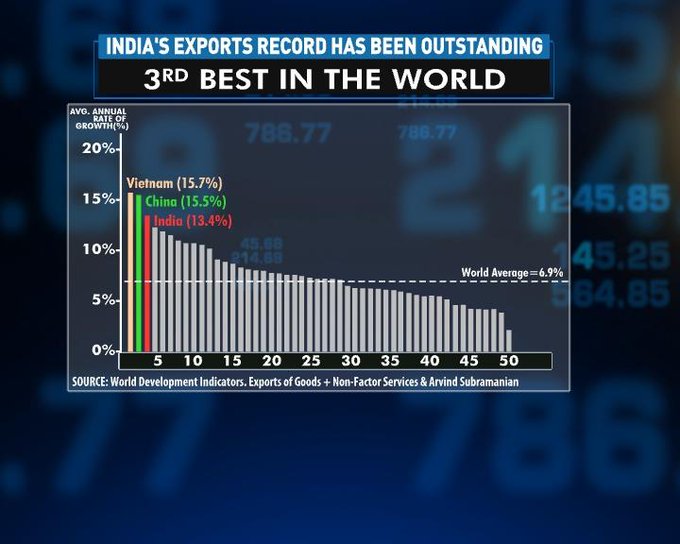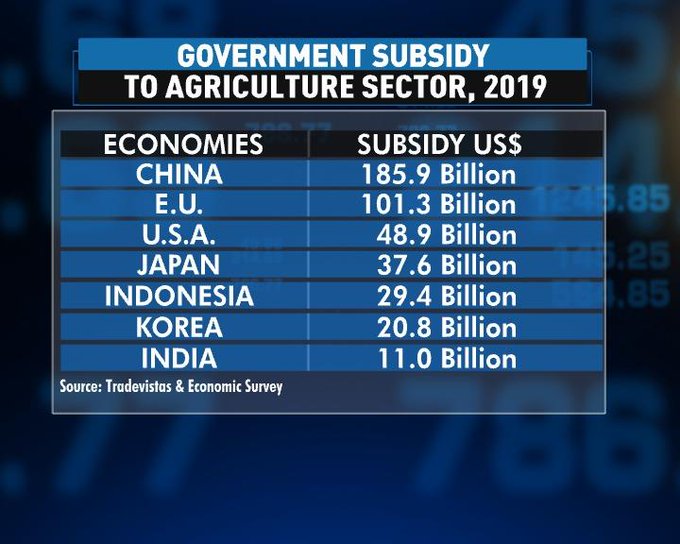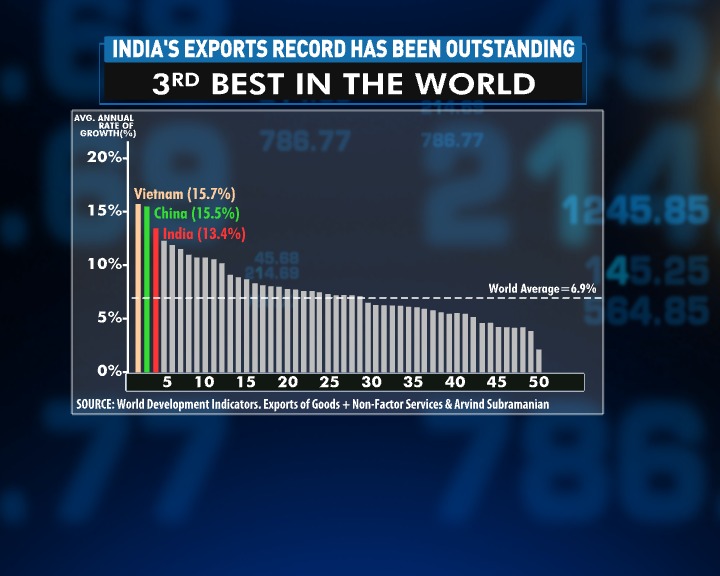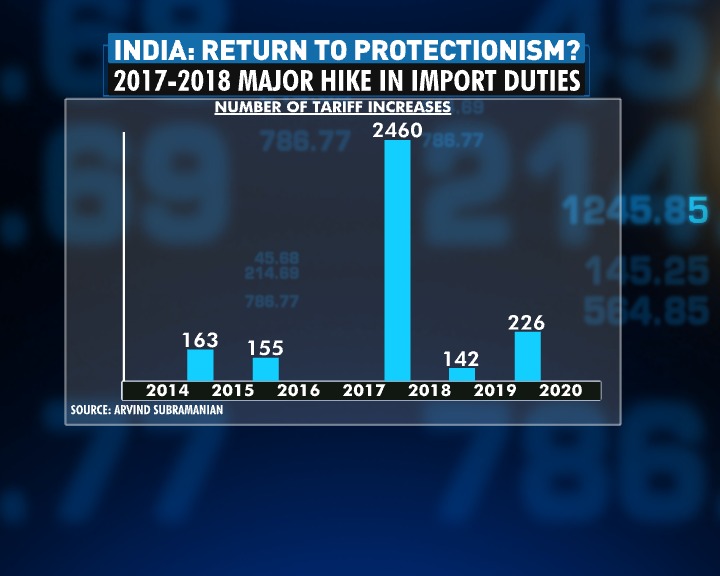In this second part of four Townhalls on post-pandemic India, Prannoy Roy discusses farmers' protest and economy with Raghuram Rajan and Kaushik Basu, as well as the Nobel Prize winners Paul Milgrom, Michael Kremer and Abhijit Banerjee. The panel will also take a close look at the Union Budget, and in particular, on the word privatisation. The panel will also discuss the importance of global ratings.
Here are the highlights of Prannoy Roy's show:


#NDTVTownhall | Former RBI Governor Raghuram Rajan elaborates on the key steps to implement bank privatisation pic.twitter.com/njA8RO4HED
- NDTV (@ndtv) March 4, 2021
#NDTVTownhall | Kaushik Basu, CEA (2009-2012), on the Union Budget pic.twitter.com/WSm7obrImG
- NDTV (@ndtv) March 4, 2021
#NDTVTownhall | "India is in the bottom 20% of the world, which is shocking": Kaushik Basu, Chief Economic Advisor(From 2009-12) pic.twitter.com/WI1xnteSo0
- NDTV (@ndtv) March 4, 2021
#NDTVTownhall | Abhijit Banerjee, Winner, Nobel Prize 2019, on farmers' issues pic.twitter.com/1bHGSczQ3W
- NDTV (@ndtv) March 4, 2021


#NDTVTownhall | "Transparency is important. And coupled with that, restraint is equally important": Raghuram Rajan, Former RBI Governor on #Budget pic.twitter.com/2loT1SCUHM
- NDTV (@ndtv) March 4, 2021
#NDTVTownhall | "We don't expect video meetings to replace everything, but we expect it is going to be easier to work with people in more distant parts of the world": Paul Milgrom, Winner, Nobel Prize 2020 pic.twitter.com/OV4tTXBY6a
- NDTV (@ndtv) March 4, 2021


